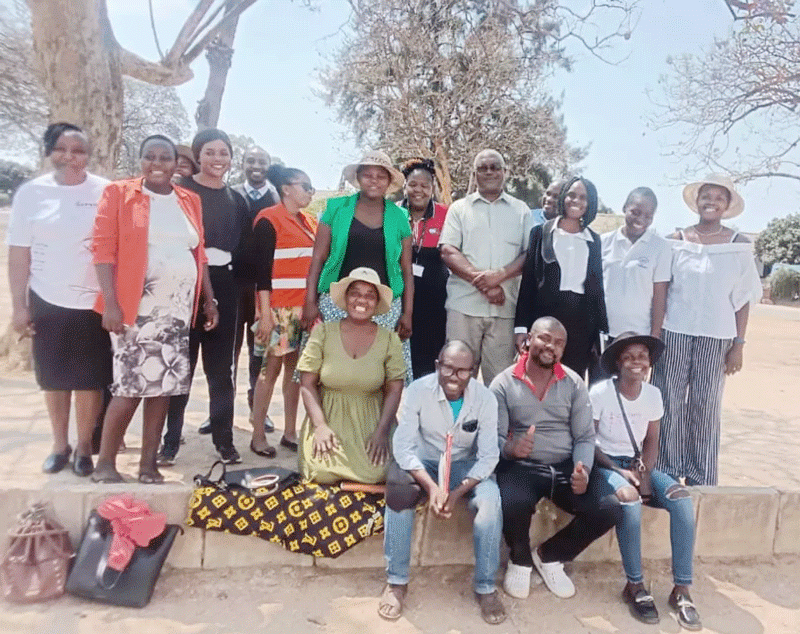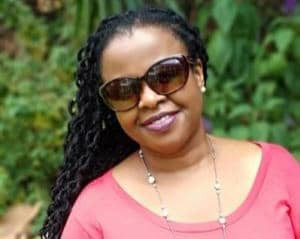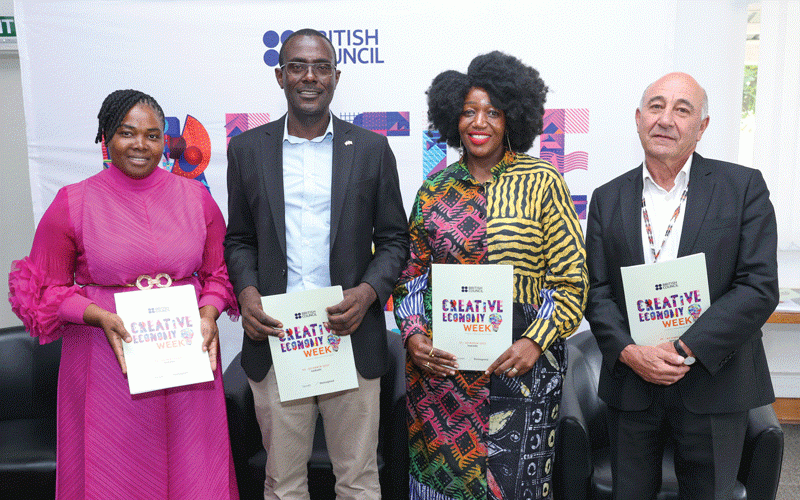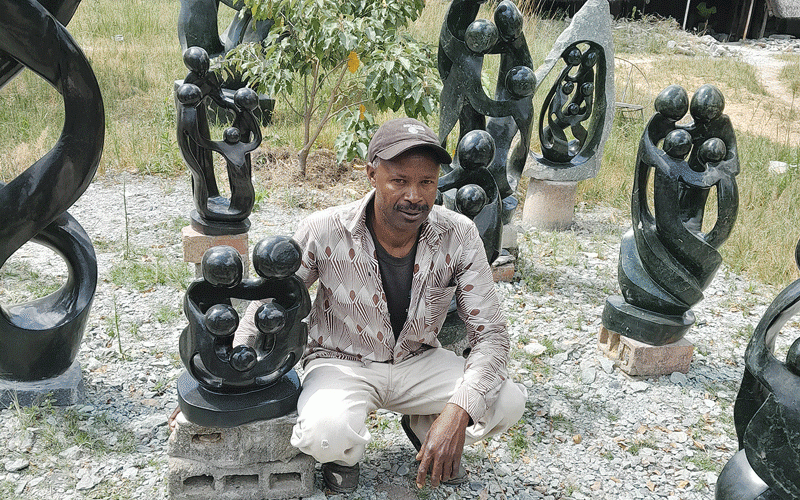
Vigilant Ndlovu believes volunteering as a community childcare worker has helped her realise a long-held dream of serving society’s vulnerable.
Ndlovu from Bulawayo’s Gwabalanda suburb has already made a breakthrough a few months after starting her role as she helped to rescue a 16 year-old girl from a forced marriage.
“As a community care worker (CCC), I am a foot soldier and a first responder,” she said.
“I have been volunteering for a few months, and I already have been able to report a case of child marriage in the community.
“There is this man who is in the habit of marrying and impregnating girls that are below the age of 16.”
Ndlovu said the victim contacted her because of her work in the community, where she assists vulnerable children.
“These people (the husband and girl’s mother) have been arrested as I speak,” she said.
“After reporting the case, I felt fulfilled because I used to think I was powerless to assist children in such circumstances.”
- Community trailblazers: Challenges catapult Chikukuza to success
- Biti’s applications for referral to Concourt continues
- Biti plays political card in assault case
- Let’s concentrate on what is on the docket: Reza told Biti
Keep Reading
The young mother is part of a group of 102 CCCs trained by the Regional Psychosocial Support Initiative (REPSSI), which implements the Integrating Child Protection in Emergency Response, Wash, Cholera, and Climate Change Emergency Response project in Bulawayo.
The project is part of efforts by the Public Service, Labour and Social Welfare ministry with support from Unicef and funding from USAid/BHA and ECHO, to mainstream child protection preparedness in Wash and health systems in Beitbridge, Bulawayo, Harare, and Chitungwiza.
Musasa Project and the Family Support Trust implemented the project in Beitbridge and Harare.
In Bulawayo, REPSSI’s initiative is focused on the districts of Tredgold and Fort Street, where it has trained the CCWs in early identification and referral of children at risk, mental health, and psychosocial support, emphasising the critical role they play in safeguarding vulnerable children.
“CCWs are familiar faces in their communities, often known and trusted by the families they serve,” said Nyasha Muchemwa, a project coordinator at REPSSI.
“This familiarity fosters an environment conducive to open communication, allowing families to discuss sensitive issues that may otherwise go unreported.
“The trust built over time enables CCWs to identify early signs of distress in children and to act swiftly to refer them to appropriate services.
“This proactive approach is crucial, particularly in the context of the National Case Management System, which relies heavily on the timely identification and referral of at-risk children.”
The training provided by REPSSI equipped CCWs with essential skills, including psychological first aid, child safeguarding, and the early identification of children at risk.
“One significant achievement has been the improved capacity of these workers to engage with families, leading to a marked increase in the number of reported cases of child abuse and neglect,” Muchemwa added.
“This data indicates a growing awareness of child protection issues within the community, demonstrating the effectiveness of REPSSI’s intervention.”
REPSSI, with funding from Unicef, also trained the CCW on the prevention of sexual exploitation and abuse.
CCWs play a pivotal role in linking child protection services with children and their families as they act as advocates, guiding families through the often-complex, often complex landscape of available services.
Muchemwa said REPSSI’s initiative in Bulawayo demonstrated the best practice model in child protection.
“By empowering community child care workers, the organisation not only enhances the capacity for child protection services but also fosters a culture of trust and openness within the community,” she said.
“As these familiar faces continue to bridge the gap between vulnerable children and essential services, they play a pivotal role in safeguarding the future of the next generation.
“CCWs also represent community ownership of child protection issues, and the communities served could benefit from dialogues that make them appreciate the cadre from this perspective.”
Lethokuhuhle Ndlovu, also from Gwabalanda, said training as a CCW improved her parenting skills.
“They say charity begins at home, which means that I have to be a good parent to my children before I can assist others in the community,” she said.
“I used to be very strict with my children, but after the training, I understood that parenting is not about being too harsh.
“Children have to be handled with sensitivity so they can be open about the things they face as they grow up.”
Alex Mugabe, a CCW from Nkulumane 12, said he was using the skills he got from the training to help young people in his community to shun drugs and alcohol abuse, which he said has reached crisis levels.
Mugabe said he decided to volunteer as a CCW to help the community address the many challenges facing young people.
“I have the zeal to solve the cases involving children in the community and refer complex ones to relevant departments,” he said.
“There are a lot of problems that young people are facing, such as drug abuse and sexual exploitation.
“The community needs to be educated about children’s rights p to protect them.”
Tapiwa Chikohwe, the district social development officer for Fort Street, said Unicef support was helping to strengthen child protection programmes in the face of mounting challenges due to the drought induced by El Nino and the country’s difficult socio-economic situation.
“We have a new crop of CCWs that still requires a lot of capacitation in terms of training and identification,” Chikohwe said. “We have been making great strides as the government working in partnership with donors, especially Unicef, in dealing with child protection issues.”
Unicef has been supporting efforts to reform the National Child Protection Working Group so that emergency recovery can become a platform for effectively coordinating and mainstreaming Zimbabwe’s child protection programming in emergency, recovery, and developmental interventions.
The intervention has helped by targeting institutions and people that mainstream child protection and disaster preparedness in WASH and health systems, as well as institutions and people who deliver humanitarian assistance. — Unicef









